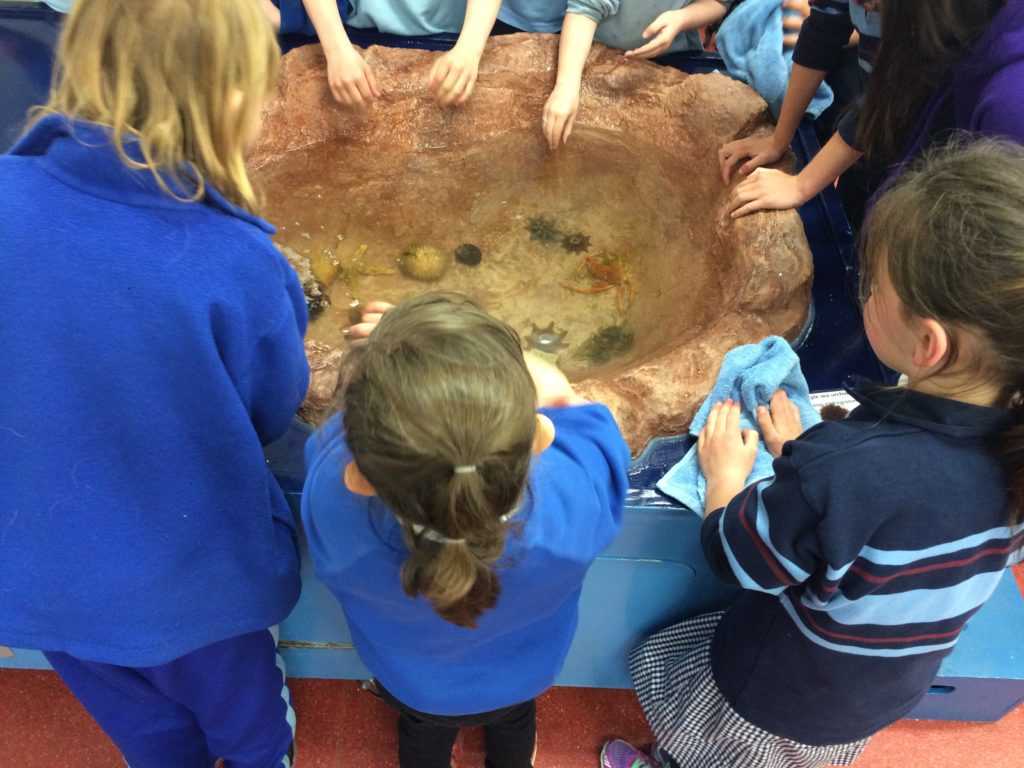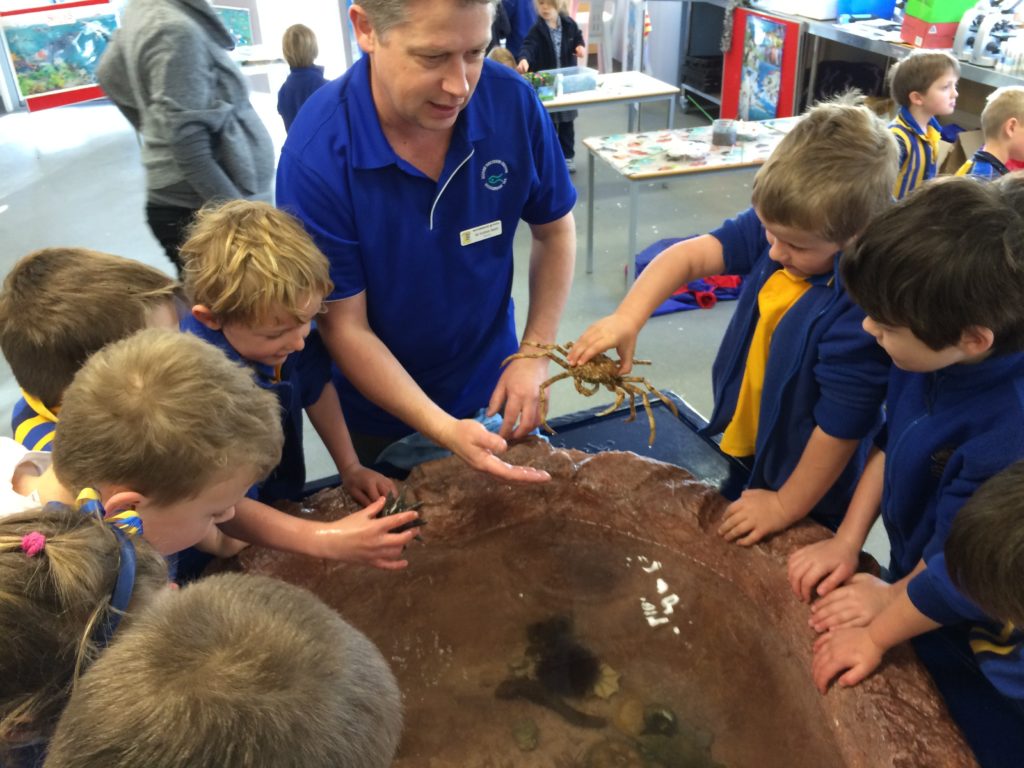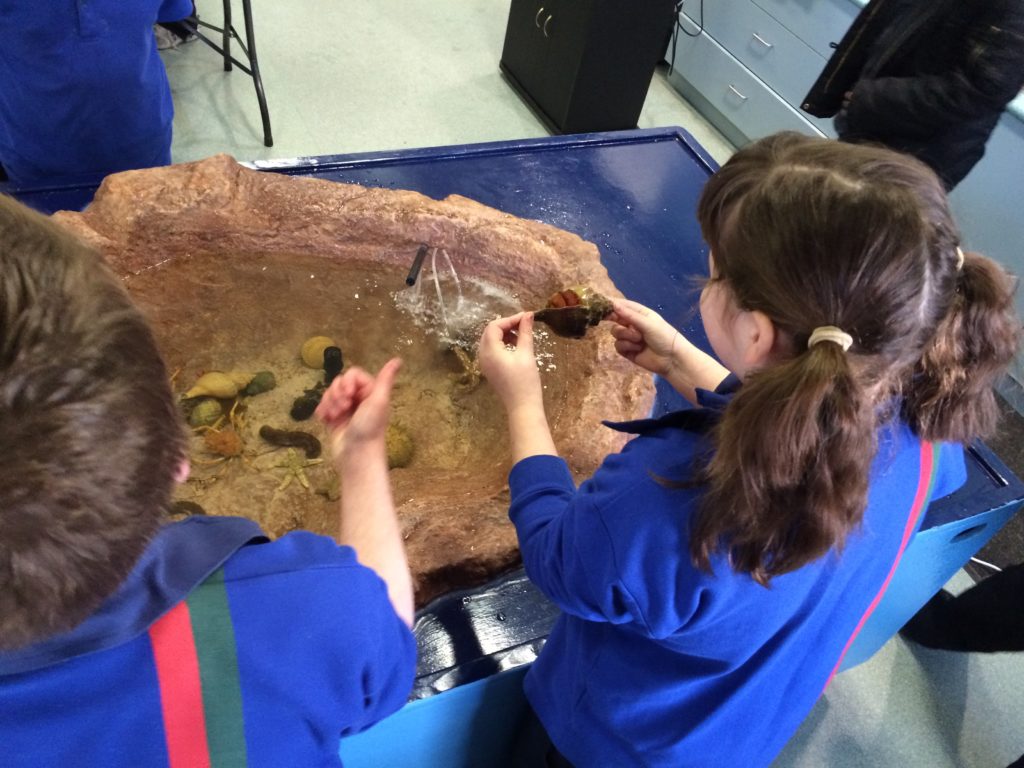Foundation for Rural & Regional Renewal (FRRR)
Daylesford is around 105 km north west of Melbourne. Like any small town, some children struggle with certain aspects of their learning, which can have a significant impact on their mental health and wellbeing. Following an assessment of student literacy skills, the Daylesford Primary School identified a number of children whose reading was below the expected literacy standard. To support these students, they implemented a research-based one-on-one initiative to develop their students’ reading and comprehension capacity outside of the regular curriculum.
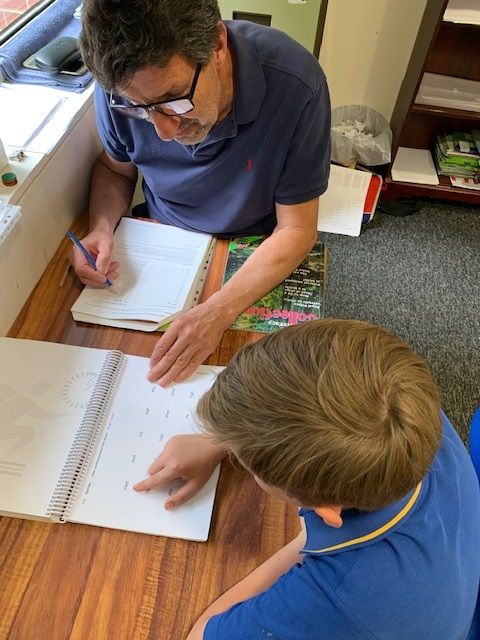
The MultiLit (Making Up Lost Time in Literacy) program also seeks to build self-esteem and confidence. The School first received an FRRR grant for this program in 2013 and saw significant improvements in the children. The program has attracted regular support ever since, including a Tailored Grant this year for $25,000 that enabled another 18 students to participate in the program.
Once again, it delivered great results. One child started the year having to have text read to him. By year’s end, he was reading independently. Trevor Edwards, Principal of Daylesford Primary at the time, explained that the learning confidence gained by these children had transferred into other areas of study.
“We are most proud of the fact that we not only provide a highly effective and individualised learning program but an environment where students’ wellbeing, self-esteem and confidence is enhanced and nurtured. “The most challenging component is determining who can participate in the program, as there are many students who need this individual assistance. We prioritise and support those children with additional reading needs, but the generous funding has everlasting impact.”
Merrigum Primary School is a rural Victorian primary school with a small number of staff and students. The school is committed to building school capacity to provide students with educational opportunities through enhanced, personalised learning.
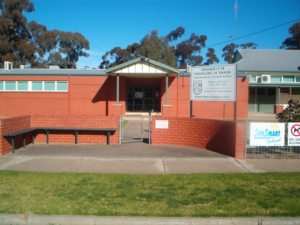
Many Merrigum Primary Students come from diverse backgrounds and some require additional learning support – something that the school community strives to provide them with. One of the areas where the school wanted to offer more support was music activities and education for the pupils.
In partnership with Merrigum Primary School, The Song Room, an organisation that delivers integrated music and art lessons in school delivered a six-month music program to students from Foundation to Year 6, working alongside their classroom teachers. The program was possible with thanks to a $7,500 REAPing Rewards grant.
Students greatly enjoyed the program and looked forward to their music lessons. Caitlyn Trotter, who led the program for students, told FRRR that the children responded well to all the activities.
“By the end of the lesson, they understood the basic (musical) terms. The children enjoyed being able to work together as a class and loved that they got to play an instrument as part of a song. This was always thoroughly enjoyed.”
This was reflected in the feedback from teachers, Belinda and Judi who reported that “The sessions were very well planned and built sequentially week after week to offer students the opportunity to develop skills at a targeted pace. The students had a lot of fun, and even some of the more reluctant musos were looking forward to class by the end of it.”
As part of the program, The Song Room also facilitated professional development lessons for the teachers, so that the music program could continue well beyond the formal end of The Song Room’s time at the school. Teachers were given lessons plans, games and instructions on how to facilitate music classes in a way that supports the current curriculum. Merrigum Primary School now also has ongoing access to more than 1,000 hours of online video resources from The Song Room to assist with planning and developing arts curriculum for students in the future.
Schools are an important place for building cultural and environmental connections, and Gondwana Link Ltd realised that enhanced learning could only come from a curriculum relevant to the local context. Some of the schools and staff in the Gondwana Link region (1,000 km of south Western Australia) had no exposure to the culture of Indigenous Australians, and therefore teaching lessons with an Aboriginal perspective was very difficult for them.
The FRRR ANZ Seeds of Renewal grant program supported the Nowanup ‘Bush University’ Schools Program with a $12,500 grant for professional development for teachers and staff, deepening cross-cultural awareness and building Noongar language and cultural activities into the Australian National Curriculum.
Gondwana Link Ltd used the grant to engage Noongar Elder, Eugene Eades, and an education consultant to develop and implement a trial Professional Development opportunity for teachers and support staff from local primary schools.
Professional development was provided for 20 teachers and support staff within the Gondwana Link region in the format of a two-day Camp-on-Country at Nowanup.
The intention of this program was two-fold:
- To enable educators from the surrounding regions to develop a better appreciation of local Noongar cultural and heritage values, and to deepen their understanding of Noongar perspectives on management of the land, or Boodja, in the context of contemporary sustainable land restoration as practiced at Nowanup and throughout the Gondwana Link project.
- To have schools actively commit to improving their policies and procedures to be more responsive to Noongar cultural frameworks, thus presenting the ‘Indigenous content’ of the Australian Curriculum in a manner sensitive to the local Noongar context, and also better engaging with the local Noongar community.
The funding enabled two such camps to be designed, implemented and reviewed, and Gondwana Link Ltd now has a viable model to work from to move forward with future camps. The feedback was extremely positive and will also contribute to planning for the next series of professional development camps.
“I have learnt many things about the Noongar culture that I did not know. Their connection to the land is pivotal in their lives and spirit. This has made me think about my own connection to the land and how I can incorporate this into my classroom. I have found the inspirational stories of past teachers interesting and am constantly thinking about things I can change or incorporate to ‘make a difference’ to the students in my class.”
“I learnt an appreciation of the importance of incorporating local knowledge (both Noongar & white culture) into the curriculum.”
“I feel so privileged to be able to participate in such an incredible camp. I loved all of it but particularly the music and the stories. Seeing all the amazing things that are happening out here is so inspiring and beautiful, and I hope to be more involved in future. I really enjoyed seeing the breakaways and the artefacts and some of the beautiful places out here.”
More than 580 students in regional and rural Tasmania have reaped the rewards of a $5,000 grant received by the Woodbridge School and Marine Discovery Centre (MDC).
Woodbridge School & Marine Discovery Centre began operations in 1979 as a federally funded marine education facility. Its mission is to challenge students of all ages to learn, discover and care for the marine environment through diverse sea and shore based programs. Since 1997, it has been managed as part of Woodbridge School. All programs focus on practical, hands on experience which are linked directly to the curriculum. The organisation employs teaching staff (through Woodbridge School), a Ship Master, Education Facility Attendant and Admin Assistant.
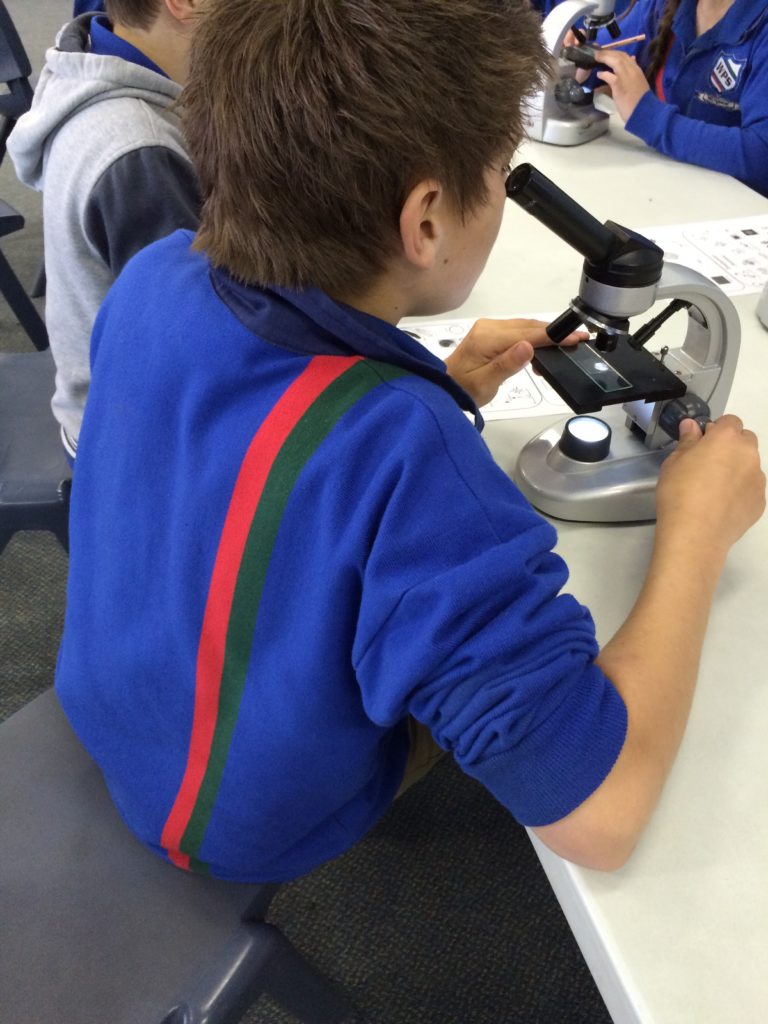
Throughout the period February to September 2015, MDC teacher Andrew Walsh travelled more than 2100 km taking the roadshow to five primary schools and one secondary school, enabling 583 students to engage in hands-on marine science activities that are linked to the Australian Science Curriculum.The MDC was wanting to upgrade and expand the outreach of their travel program. They contacted a number of rural Tasmanian schools who had not participated either in the travel program or visited the centre before, to gauge their interest in having the MDC marine discovery incursion at those schools, and the response was positive. The REAPing Rewards grant, funded by the Ian Potter Foundation, covered travel expenses of the MDC’s teacher, the purchase of resources such as ice boxes and aerators to safely transport live touch tank animals, and a flat screen display to support the classroom presentation. The funds were also used to maintain the (sometimes leaky!) purpose-built touch tank constructed by MDC for travelling that contains a circulating filter pump and chiller.
MDC’s travelling roadshow a success
For each school visit, a day of packing at the MDC beforehand, and day of unpacking afterwards was required, in addition to the days of teaching at the school. Each class in the schools were given a block of time, around 1.5 hours, to spend in the MDC travel classroom. Activities included studying external invertebrate features and marine food webs, classifying animals, understanding marine pollution, and associated art activities.
The project was definitely a success in terms of demonstrating to, and impressing, the teachers as to the value of the program, as well as engaging many students who may not have had opportunities to have practical, hands on experiences to learn about marine ecosystems.
Principal of South Arm Primary School, Christine Farnell, said that it was a fantastic experience for their students, who especially loved examining the plankton under the microscopes and exploring the touch tank.
“Due to our distance from Woodbridge we are unable to make use of the Marine Discovery Centre, as the cost of buses and time for travelling impact us enormously, so without you and the FRRR grant this is an experience that our students would have missed. Thank you very much for your time and effort.”

